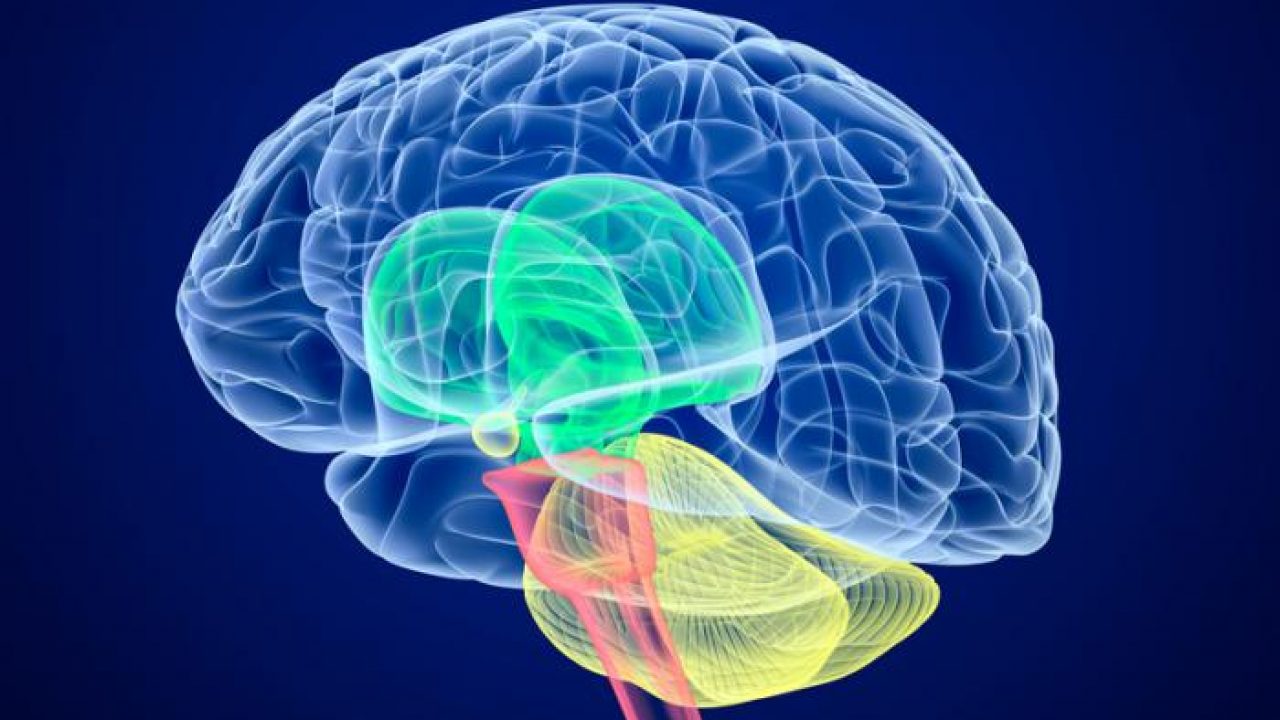
This information was reported by the resource Pnas, reports URA-Inform.
Who made the discovery?
A team of neuropsychologists from the Max Planck Institute for Cognitive Science and Brain Research, led by Professor Xuehu Wei, conducted an innovative experiment by organizing intensive language courses for refugees who arrived in Germany.
The essence of the study
Using magnetic resonance imaging (MRI), scientists monitored changes in neural connections that allowed students to successfully learn and communicate in a new language. The study lasted 6 months, during which MRI tractography was used to track structural changes in the leading pathways of the brain.
Results
By comparing MRI scans of 59 Arabic-speaking participants at different stages of language learning, the researchers found that connections between the language areas of both hemispheres of the brain strengthened as knowledge increased. Particularly pronounced changes were noticed in the second half of training, which indicates the consolidation of acquired knowledge.
An interesting aspect of the study is that scientists identified a decrease in connections between the right and left halves of the brain, which connect the corpus callosum (corpus callosum). ). This is likely due to control activity in the left hemisphere, where core language functions are located, thereby freeing up resources in the right hemisphere for new language acquisition.
Moreover, changes in neural connections were correlated with improved performance in speech tests, which emphasizes the importance of the adult brain adapting to new cognitive needs through modulation of structural connections within and between the hemispheres.
Let us remind you when humanity will be able to make interstellar travel: experts have calculated the date.
